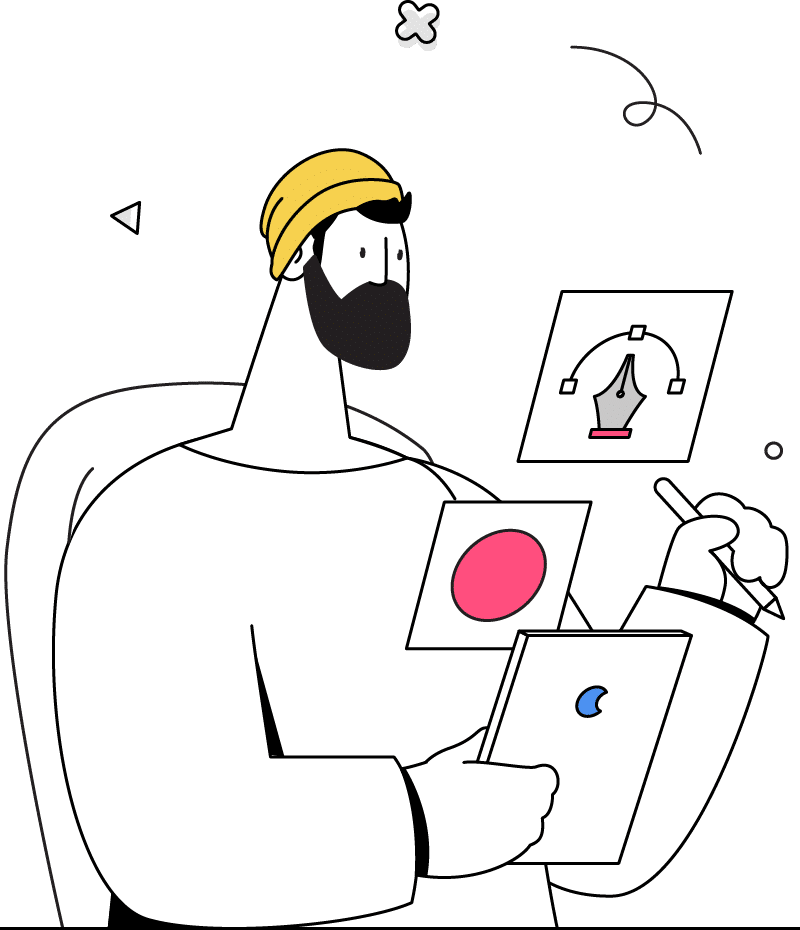ARMENIAN LEARNING WITH AI
At LinguaTeacher, we utilise the power of Artificial Intelligence to offer an engaging, personalized, and interactive experience in learning Armenian. Say goodbye to traditional, one-size-fits-all methods and hello to a tailored approach that adapts to your unique learning style, pace, and goals. Join us on a transformative journey to master Armenian with the cutting-edge support of AI.


Personalized Learning Experience
One of the standout benefits of using AI in language learning is the ability to receive a fully personalized learning experience. At LinguaTeacher, our AI-driven platform assesses your initial Armenian language proficiency using sophisticated diagnostic tools. From there, it designs a customized learning path that is uniquely yours. It considers your strengths, weaknesses, preferred learning pace, and even your interests. This means every lesson, exercise, and feedback session is specifically tailored, keeping you engaged and motivated throughout your journey to learn Armenian. The AI continually monitors your progress, adapting the curriculum to challenge you at just the right level, enhancing your ability to learn Armenian more efficiently and effectively than traditional methods.
Constant Accessibility and Support
AI makes learning Armenian accessible 24/7, removing constraints related to time and location. Whether you’re an early riser or a night owl, LinguaTeacher’s AI platform is always available, ready to assist with learning new topics or revising past lessons. Furthermore, AI-driven chatbots offer instant feedback and support – a crucial asset for language learners who need frequent practice and timely corrections to develop fluency in Armenian. This continuous interaction ensures consistent practice, which is central to learning any language effectively. In addition to generating exercises and simulations that mimic real-life conversations, the system also boosts confidence and alleviates the fear of making mistakes in real scenarios, enhancing your journey as you learn Armenian.

Challenges of Learning Armenian
1. Why Learn Armenian?
Learning Armenian offers a unique opportunity to delve into a rich tapestry of history, culture, and language that dates back thousands of years. As the official language of Armenia and the Nagorno-Karabakh Republic, Armenian is spoken by millions worldwide, providing learners with a gateway to both ancient traditions and modern innovations. Beginning to learn Armenian can enhance your travel experiences, open up new literary worlds, and create deeper connections with the Armenian diaspora. Moreover, learning this language can offer business opportunities in sectors like tech, where Armenia is increasingly prominent. Diving into Armenian not only bridges gaps between communities but also enriches your understanding of a culture steeped in resilience and creativity.
2. Benefits of Learning Armenian
Embracing the Armenian language can be incredibly rewarding. Besides personal satisfaction and cognitive benefits such as improved memory and problem-solving skills, learning Armenian can significantly enhance professional prospects, especially for those involved in international trade, diplomacy, or cultural preservation. Armenia’s growing economy presents numerous opportunities for entrepreneurs and businesses looking to expand in Eurasian markets. Additionally, learning Armenian allows direct access to its rich literary and historical heritage, letting you experience works of art in their original language. This deepens cultural appreciation and can lead to more profound personal and professional connections within the Armenian community and beyond.
3. How to Start Learning Armenian
Getting started with Armenian might seem daunting due to its unique alphabet and grammatical structure. However, numerous resources can help beginners. Language classes, both online and in-person, interactive apps, language exchange meetups, and Armenian cultural events offer immersive experiences. Books and online tutorials can also provide foundational knowledge and practice. Customizing your learning to include a mix of these methods can be effective, making the process enjoyable and tailored to your pace and style. Remember, consistent practice is key to progressing in any language, so integrate Armenian into your daily routine for the best results.
FAQ
How difficult is it to learn Armenian?
Learning Armenian can be challenging due to its unique alphabet and grammatical differences from many Indo-European languages. However, with consistent practice and the right resources, many learners find it an enriching experience.
Are there different dialects of Armenian I should be aware of?
Yes, there are primarily two main dialects: Eastern Armenian and Western Armenian. They differ slightly in pronunciation, vocabulary, and spelling, so deciding which dialect to learn can depend on your personal or professional connections to different Armenian-speaking communities.
What resources are recommended for beginners wanting to learn Armenian?
For beginners, it’s helpful to start with basic language apps like Duolingo or Memrise, which offer introductory vocabulary and grammar. Enrolling in courses, using online platforms like Armenian Virtual College, or participating in language exchange programs can also be beneficial.
How long does it typically take to achieve fluency in Armenian?
The time it takes to achieve fluency in Armenian varies depending on the learner’s dedication, prior language learning experience, and frequency of practice. Generally, with regular study, reaching conversational fluency can take anywhere from one to three years.
Can learning Armenian help in professional development?
Absolutely. Proficiency in Armenian can open doors in various fields such as international business, diplomatic services, and cultural heritage sectors, particularly with Armenia’s expanding role in global markets.
What cultural aspects can I better appreciate by learning Armenian?
Learning Armenian allows for a deeper appreciation of Armenia’s extensive folklore, traditional music, dance, and cuisine. Additionally, it provides access to a wealth of literature and historical documents that are pivotal in understanding the region’s history and current affairs.
